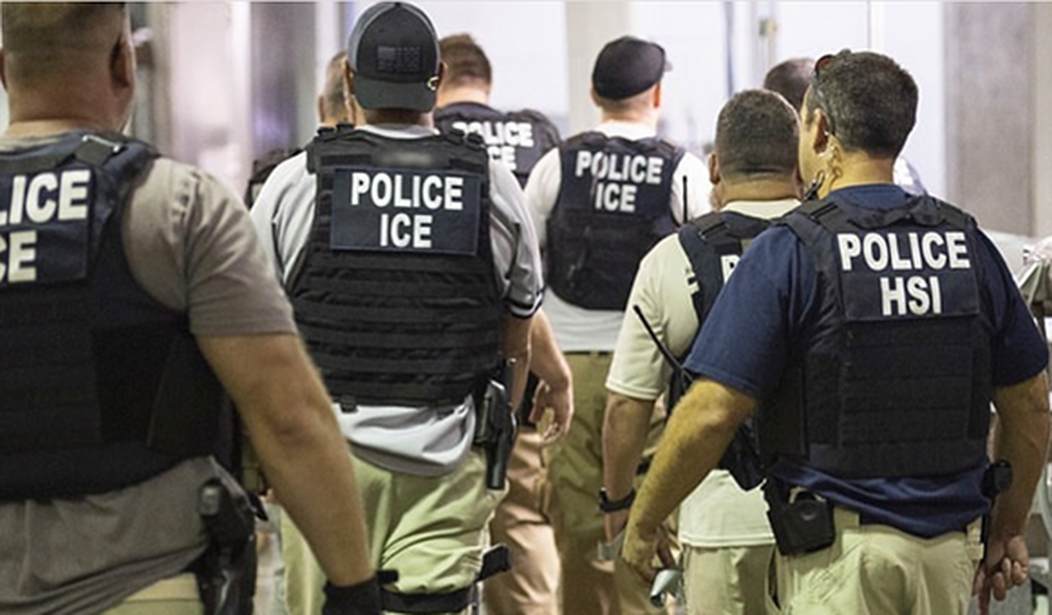It's an unsettled question left over from the first Trump administration. Can the federal government withhold funds authorized by Congress and earmarked for cities for refusing to cooperate with immigration enforcement efforts?
In 2017, the Trump administration withheld law enforcement grants to sanctuary cities. Lower courts were back and forth on the legality of the issue, and the Supreme Court never got to rule on it.
In 2025, Trump's Department of Transportation has raised the stakes considerably. Instead of just law enforcement funding, Transportation Department Secretary Sean Duffy has warned sanctuary cities in a letter sent earlier this week that they risk losing billions in DoT funds for roads, bridges, mass transit, and other projects unless they cooperate with immigration enforcement efforts.
Some legal experts think that because the amount of funding that's at stake is so much higher than simply the law enforcement grants that Trump threatened to withhold during his first term, the Supreme Court and most lower courts would strike it down.
There's also the penchant this Supreme Court has shown to require adherence to the intent of Congress when trying to set policies that go beyond what Congress explicitly authorizes. A 2021 decision curbed the power of federal agencies to do exactly what Duffy is trying to do.
The legal precedents here date to a case with some direct parallels. In the 1980s, the federal government tried to encourage states to uniformly raise their drinking age to 21 by withholding some highway funds from states with lower age limits. South Dakota sued. In 1987, the Supreme Court ruled for the federal government, saying it could attach conditions to grants that were reasonable and not so large as to effectively force states to adopt the federal government’s preferred policy. The law at issue — passed by Congress and notably distinct from an agency memo — withheld only 5 percent of federal highway funds.
“Here, if you don’t cooperate with ICE in apparently the subjective view of the president, you lose 100 percent, as I read the memo,” said Greg Shill, a law professor at the University of Iowa who studies transportation. “That seems much more coercive than losing 5 percent.”
Congress could try to deny funds to sanctuary cities. But trying to get such a bill through the Senate isn't likely to succeed. The Democrats will never allow their cities to be impoverished like that.
No one can predict how the Supreme Court might decide a new round of questions arising from grants being withheld from sanctuary cities. But in that 2012 majority opinion, Chief Justice John Roberts “said essentially you can’t put a gun to the head of the states through federal spending,” said Justin Pidot, a law professor at the University of Arizona who was the general counsel at the White House Council on Environmental Quality in the Biden administration. “This sure seems a lot like that. Highway funding — it’s a huge amount of money, it’s very important."
“It seems like the very point is to coerce the states here.”
The Tenth Amendment reserves certain powers to the states. While Washington makes overall immigration policy, Supreme Court decisions have made enforcement of those policies the exclusive province of the federal government. Washington can ask states to cooperate, but cannot compel it.
A broader question is this: can states and local jurisdictions impede federal efforts to enforce immigration law? That's a very murky line that I'm sure Trump will try to draw as clearly as possible.










Join the conversation as a VIP Member